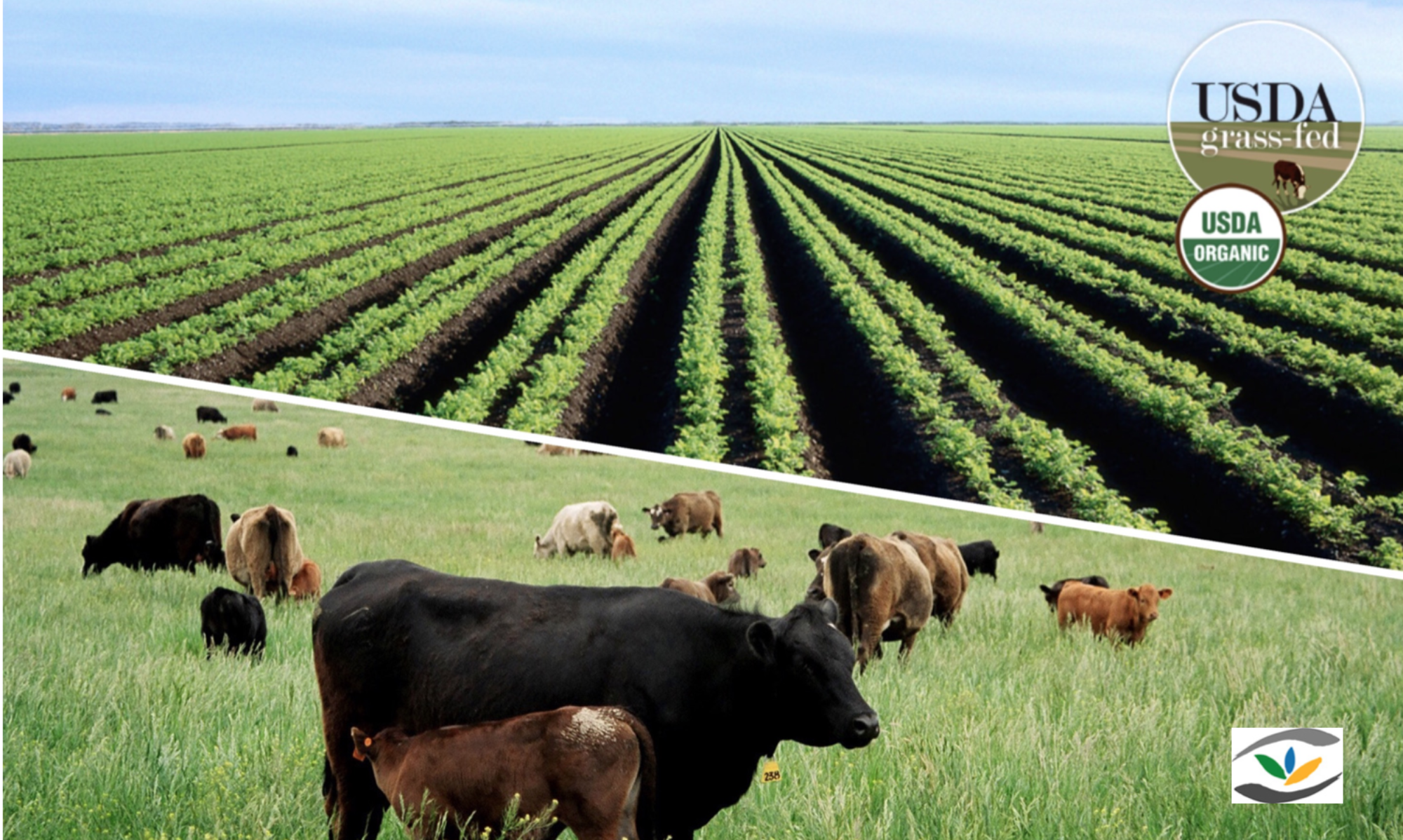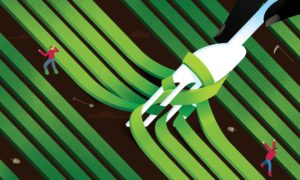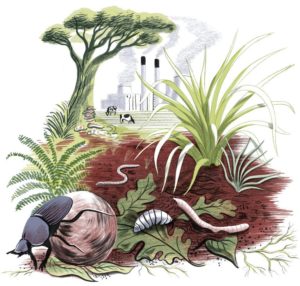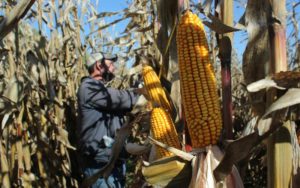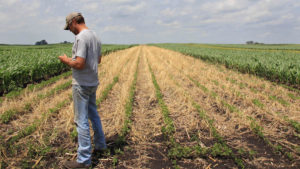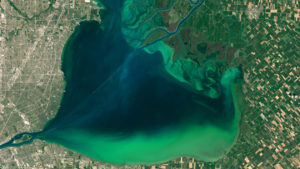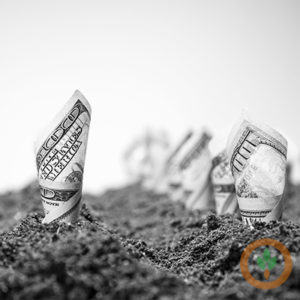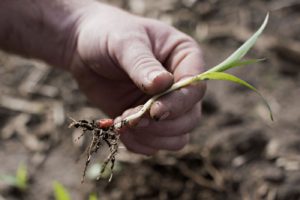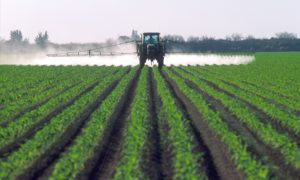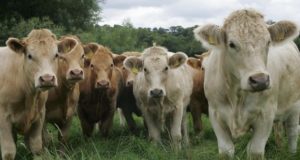“The trouble begins where everything begins: The UN’s famous projection that, at current rates of soil loss, the world has 60 years of harvests left, appears to be supported by a new set of figures. Partly as a result of soil degradation, yields are already declining on 20% of the world’s croplands…”
“The next green revolution will not be like the last one. It will rely not on flogging the land to death, but on reconsidering how we use it and why. Can we do this, or do we – the richer people now consuming the living planet – find mass death easier to contemplate than changing our diet?”
https://www.theguardian.com/commentisfree/2017/dec/11/mass-starvation-humanity-flogging-land-death-earth-food?CMP=share_btn_fb
